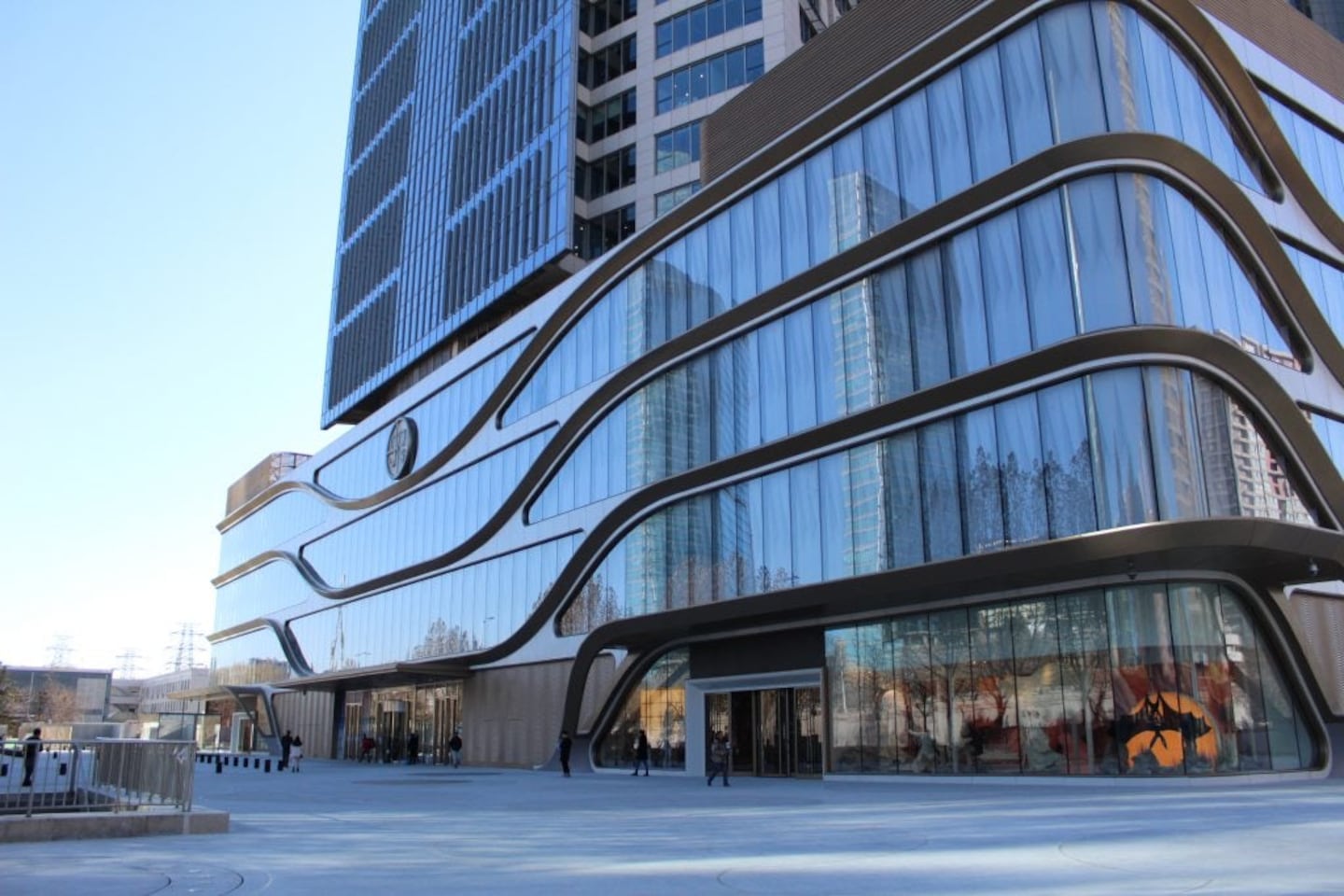
The Business of Fashion
Agenda-setting intelligence, analysis and advice for the global fashion community.

Agenda-setting intelligence, analysis and advice for the global fashion community.

The Beijing-based department store group has signed a contract with Wuhan’s government to build a new property in the city’s Wuchang district, set to open in two years, according to an official statement released by the Wuhan city government.
It will be SKP’s first store in central China and follows the luxury department store’s recent expansionary moves beyond its base in the capital, to Xi’an and Chengdu, with other projects also in development in Kunming, Hohhot and Hangzhou.
Retail sales of consumer goods in Wuhan rose 67.4 percent in the first quarter of this year, and GDP grew 58.4 percent, making it one of the top ten performing cities in China by these metrics (though off a low base, as the city was hard hit by lockdowns in the first quarter of 2020).
In 2020, Beijing SKP’s sales reached 17.7 billion yuan ($2.77 billion), making it China’s top luxury department store for the 10th consecutive year. Xi’an SKP, which opened in 2018, posted a 36 percent increase in sales last year.
With consumers tightening their belts in China, the battle between global fast fashion brands and local high street giants has intensified.
Investors are bracing for a steep slowdown in luxury sales when luxury companies report their first quarter results, reflecting lacklustre Chinese demand.
The French beauty giant’s two latest deals are part of a wider M&A push by global players to capture a larger slice of the China market, targeting buzzy high-end brands that offer products with distinctive Chinese elements.
Post-Covid spend by US tourists in Europe has surged past 2019 levels. Chinese travellers, by contrast, have largely favoured domestic and regional destinations like Hong Kong, Singapore and Japan.